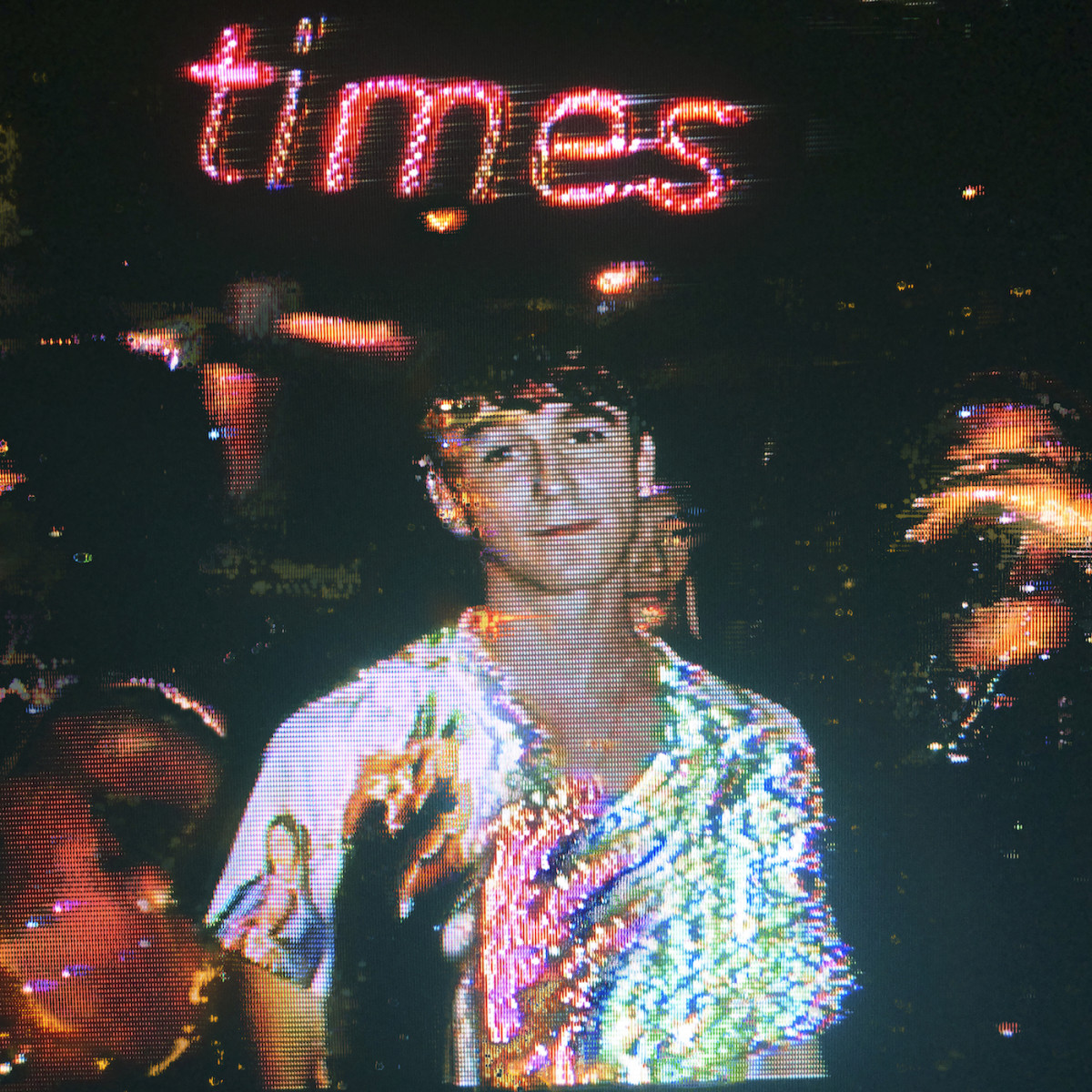While enjoyable, the twenty-six-year-old’s debut lacks originality and a compelling narrative.
The threateningly British Samuel Georgia Lewis has been bubbling under as a name in nu-pop and electronica for some time. Since his professional debut in 2015, a year in which he remixed for fellow brits like Disclosure and Jessie Ware, he has since become an indie-pop staple, crafting streaming hits with the likes of Clairo, Khalid, LANY, and Dua Lipa. Seeking to step into the spotlight on his own, Lewis has released his first studio LP with contributions from Rhye and Robyn. While he is rarely overshadowed on his debut, it is still a shy and forceless output that never quite matches what he seeks to emulate.
To see that introversion at work, one needs to look no further than Track 2: “Feed the Fire.” The dance track was born on the same day that he wrote Dua Lipa’s single “Hallucinate,” and it could easily fit on Future Nostalgia with its string accentuations and dancefloor pulse, except for the fact that it is missing that album’s knockout punch. There’s a fairly rigid adherence to form across the album, where Lewis attacks all of the conceptual expectations of an “album” with the enthusiasm of a college student ready to annihilate a midterm. He regurgitates four-minute-long dance tracks with airtight mixing and engineering but rarely seems courageous enough to truly express. This plight is only relieved with the seven-minute epic “All We Have.”
As one should have expected from the preceding singles, the Chanel Tres and Robyn-led “Impact” serves as the album’s indisputable highlight, even as it comes at the tail end of the record. While Lewis’s production feels overshadowed by Tres and Robyn’s hypnotic performances, it helps to set his work apart from his contemporaries when so much of the album feels like it could be the work of any DJ. That is perhaps the record’s greatest fault: while it never properly stumbles, it also doesn’t take the risks that would elevate it and create a distinct brand identity for Lewis.
Lewis misses another opportunity to create that identity for the album: “One More,” for instance, is a fine dance track, but it highlights the conceptual and lyrical shortcomings that plague the record. “Heartbreak on the Dancefloor” is by far the album’s biggest dud: a bland profession of being sad on the dancefloor that offers a thematic contrast to the rest of the album, but lacks the contrast between light and dark content that drives similar songs, like collaborator Robyn’s “Dancing On My Own.”
However, none of these faults completely detract from the enjoyment of Lewis’s productions; it only makes them vulnerable to scrutiny. His signature track “Chemicals” is a scintillating slice of psychedelia, and is one of the few on the album that radiates raw passion. But the majority of the album’s tracklist is fine to observe when in the background like a talented back-up dancer, but Lewis needs more practice before carrying a show on his own.





